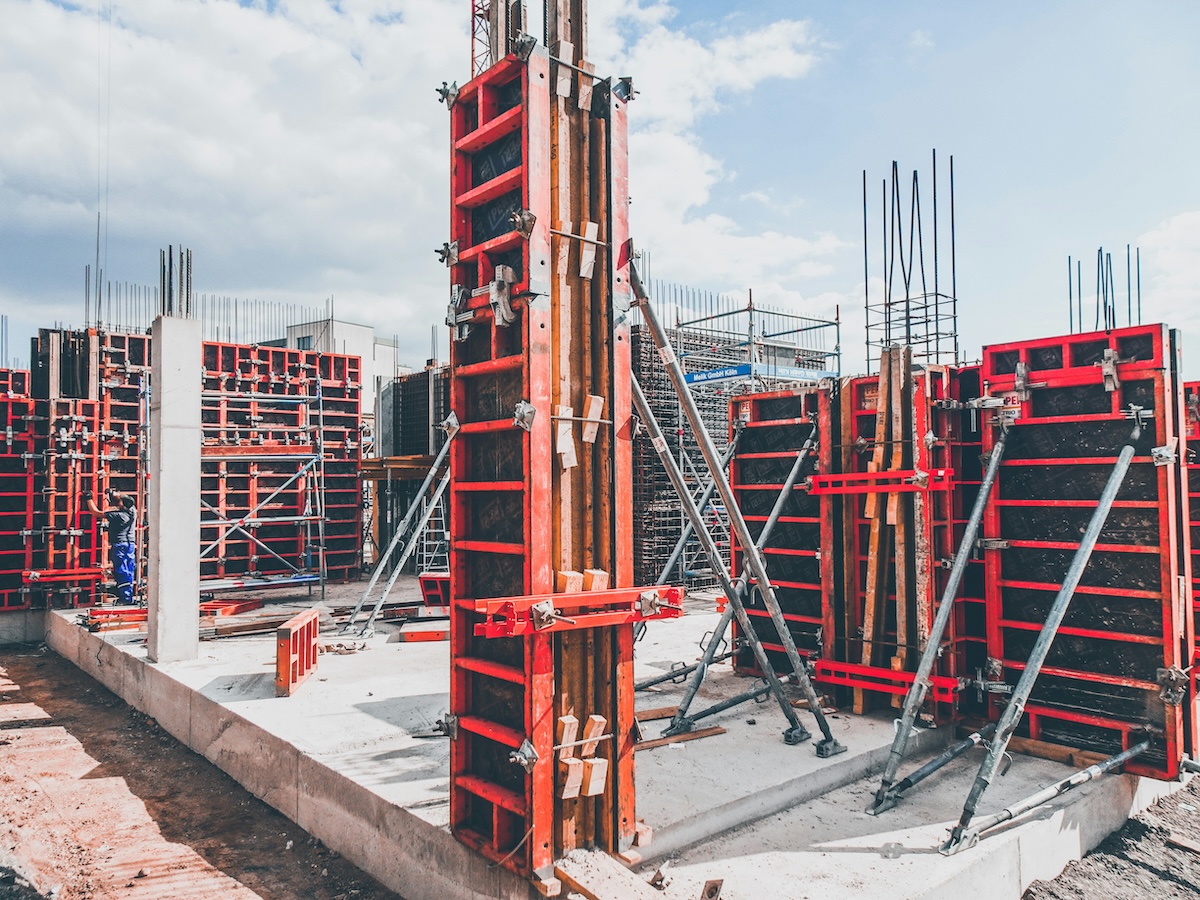
Small business owners looking to purchase commercial real estate or heavy equipment face a critical decision: pursue a conventional commercial mortgage or an SBA 504 loan.
While both options can help you acquire valuable assets, their long-term cost implications differ significantly.
The initial capital requirement creates one of the most significant differences between these financing options:
Commercial Mortgages: Typically require 20-30% down payment
SBA 504 Loans: Require only 10% down payment
This substantial difference in down payment affects not just your initial costs but your entire business cash flow strategy.
Understanding the fundamental structure of each loan type helps explain their long-term cost differences:
Commercial Mortgages:
SBA 504 Loans:
Interest rates directly impact your monthly payments and total cost over the life of the loan:
Commercial Mortgages:
SBA 504 Loans:
The fixed rate on SBA 504 loans provides certainty for long-term financial planning, while commercial mortgages may expose borrowers to interest rate risk.
Both loan types involve various fees, but they're structured differently:
Commercial Mortgages:
SBA 504 Loans:
The ability to finance fees with SBA 504 loans reduces initial out-of-pocket expenses, though it increases the total amount borrowed.
When analyzing total long-term costs, consider these components:
Commercial Mortgages:
SBA 504 Loans:
While SBA 504 loans typically result in higher total interest paid over the life of the loan, they offer lower monthly payments and preserve working capital.
Beyond pure numbers, consider these strategic factors:
Commercial Mortgages may be better if:
SBA 504 Loans may be better if:
Both financing options have distinct advantages, but SBA 504 loans often provide more favorable long-term cost structures for growing small businesses, particularly those prioritizing cash flow and capital preservation.
While commercial mortgages may result in lower total interest paid over shorter terms, SBA 504 loans offer benefits that can outweigh this cost:
For many small businesses, these advantages make SBA 504 loans the more accessible and financially manageable option, despite potentially higher total interest costs over the extended loan term.
To explore whether an SBA 504 loan is right for your business, contact our loan officers for a personalized consultation.
As the Southeast's leading SBA 504 lender, we can help you navigate the application process with certainty, speed, and exceptional service.
The biggest advantage is the significantly lower down payment requirement of only 10% with an SBA 504 loan, compared to 20-30% for commercial mortgages. This allows businesses to preserve working capital for operations and growth while still acquiring essential real estate or equipment.
Not necessarily. While SBA 504 loans often result in higher total interest paid due to longer terms, the combination of lower monthly payments, preserved working capital, and fixed interest rates can provide financial benefits that outweigh the higher total interest cost for many businesses.
SBA 504 loans are designed for for-profit businesses with a tangible net worth under $20 million and average net profit under $6.5 million (after taxes) for the two years prior to application. The property must be at least 51% owner-occupied for real estate purchases.
Yes, most SBA 504 loan fees (approximately 2.9% of the SBA portion) can be financed into the loan amount, reducing upfront out-of-pocket expenses. This includes the SBA guarantee fee, CDC processing fee, funding fee, and underwriters' fees.
SBA 504 loans offer terms of 10, 20, or 25 years with no balloon payments, while commercial mortgages typically have terms up to 10 years, often with balloon payments. The longer terms of SBA 504 loans result in lower monthly payments, improving cash flow for businesses.
